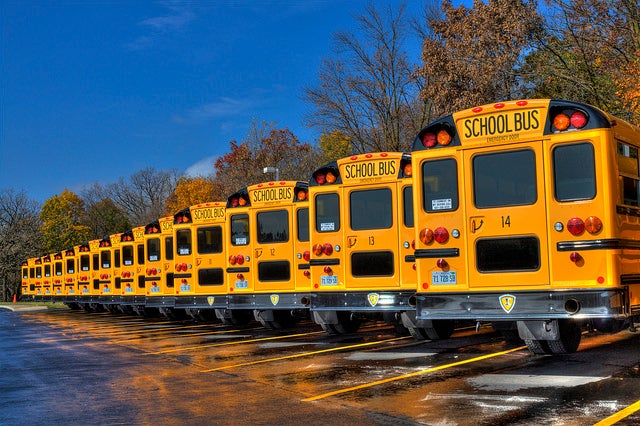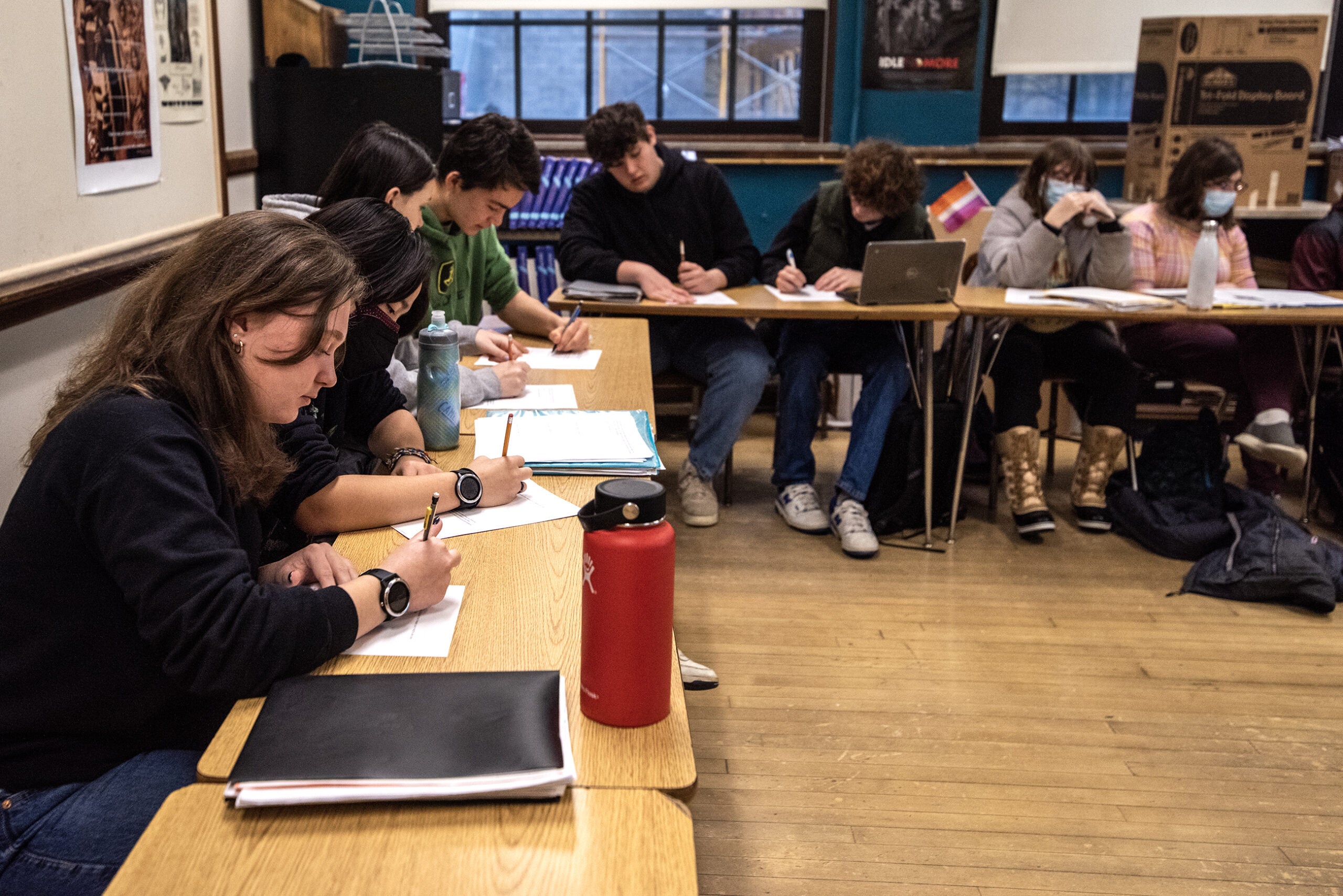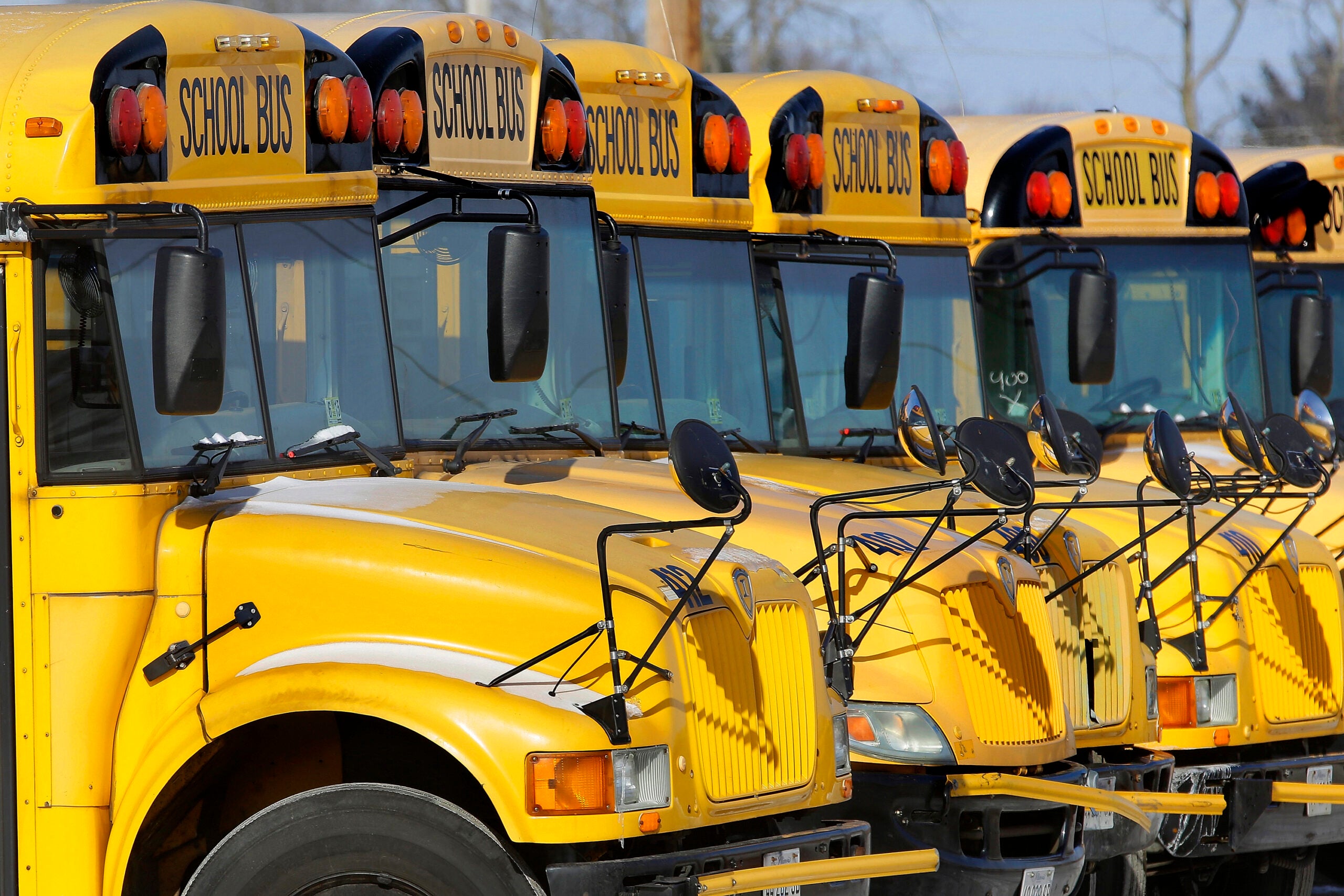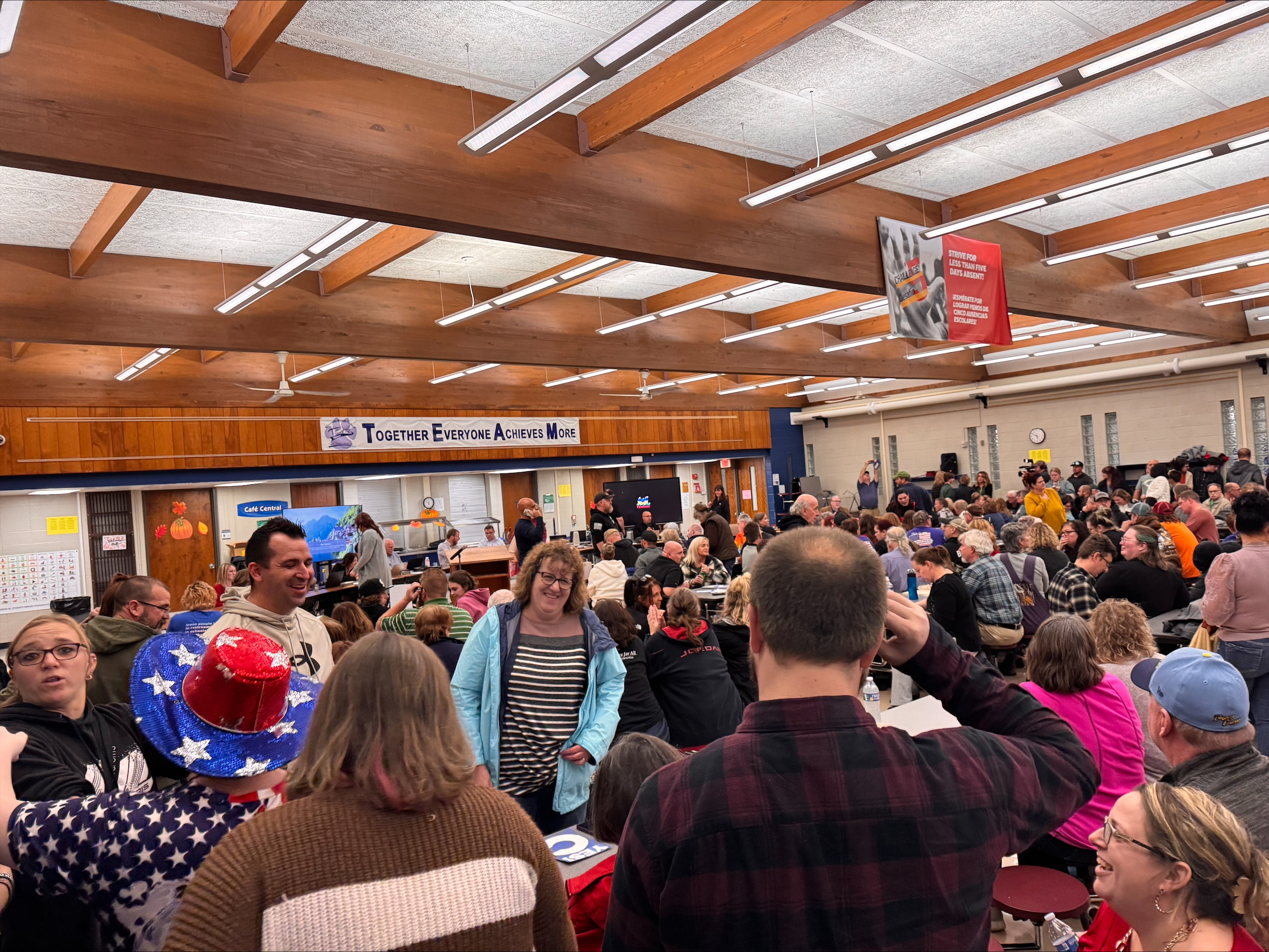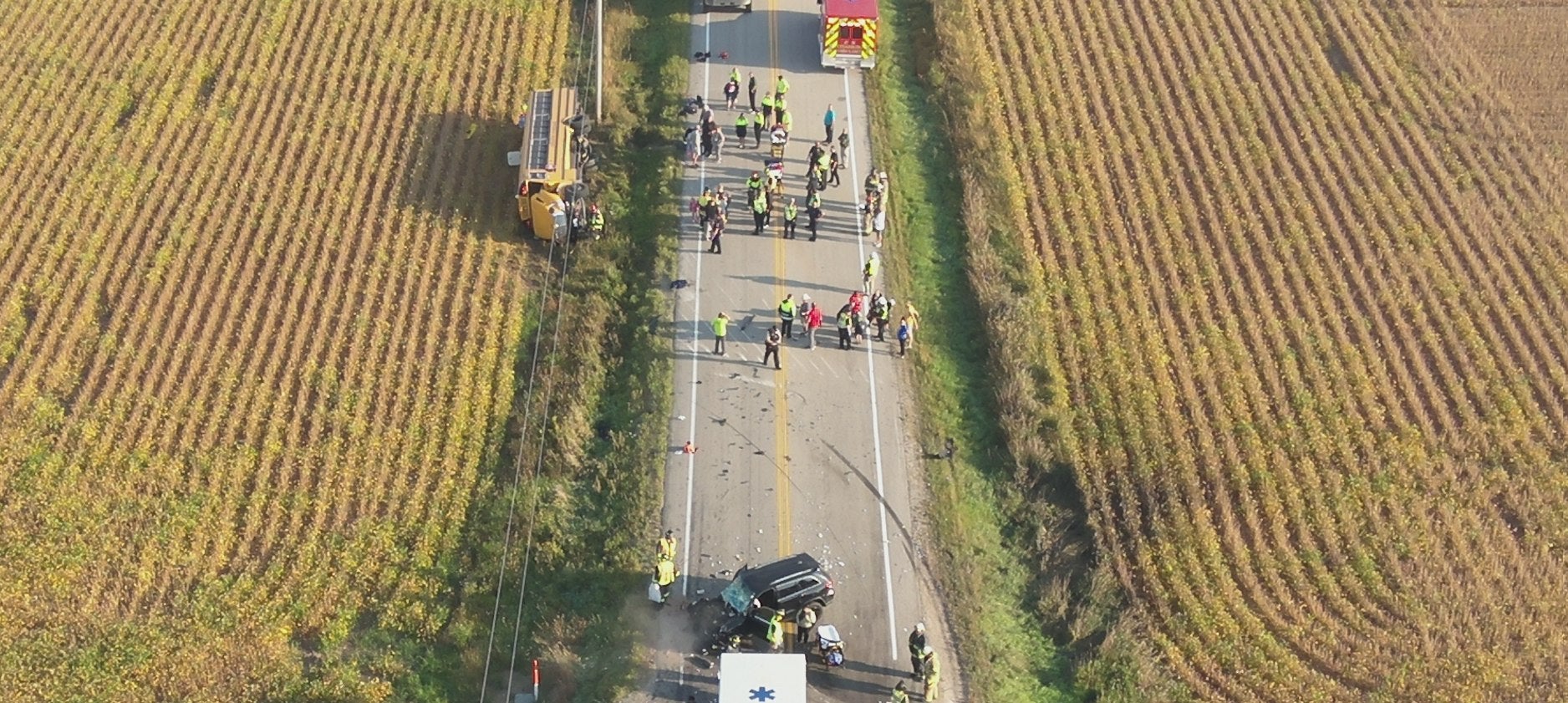Some northern Wisconsin school districts are struggling to get students to and from school, with districts pointing to driver shortages and tight budgets as factors behind the transportation challenges.
The Superior School District uses 35 drivers and 40 buses for transporting students. In the last month, Chad Jensema, the district’s transportation director, said they’ve contracted out for bus service a few times a week.
“Everybody who’s a school bus operator, whether it’s a district or an independent contractor, is having a drivers shortage,” said Jensema.
Stay informed on the latest news
Sign up for WPR’s email newsletter.
When a driver was ill recently, students from two routes rode together on one bus. Parents voiced concern over the safety of the move, but Jensema said the bus was under its maximum capacity of 71 students.
“We don’t like doing that, but we try to serve the kids in a timely manner also,” said Jensema.
Cherie Houser, executive director of the Wisconsin School Bus Association, said they surveyed bus companies about the driver shortage last year. Out of 109 who responded, half felt the need for drivers is worsening.
“People just don’t want to drive school bus,” said Houser.
Mike Krois, owner of Voyageur Bus Company in the Twin Ports, said he drove extra routes for Superior last week and has covered more than a dozen in the last month. He said his company struggles to meet the need and traverse unfamiliar routes. He added it’s difficult to find drivers in light of more federal rules for licensing and background checks for drug and alcohol use.
“They keep on making everything stricter as far as compliance goes,” said Krois. “We’re being choked by regulatory stuff.”
He highlighted new federal requirements to obtain a commercial driver’s license in recent years. Jeff Bowen, owner of Bowen’s Bus Service, agreed newer rules like those requiring a certificate of one’s medical status make it difficult for some drivers to get on the road.
“People find they can take a better job somewhere else with a whole lot less responsibility,” said Bowen.
The Federal Motor Carrier Safety Administration maintains such requirements keep roads safer.
At the same time, the Maple School District is looking to cut transportation costs to provide more money for the classroom. The district’s school board approved a single route for all students to ride to school in the mornings this fall. Superintendent Dr. Sara Croney said the district is cutting down from two morning trips to one in part to find money within its roughly $14 million annual budget for new textbooks.
“No new monies are coming in from the state, so we need to find monies within the current budget to fund the 300,000 textbooks that the district is purchasing,” she said, adding that high school students haven’t had new textbooks for language arts in a dozen years.
Croney said they’re planning to add up to two drivers to prevent longer bus rides for kids and offer parents child care before and after school. The district estimates the move will save more than $70,000 a year in drivers’ wages. Maple School District may also save more than $1 million over five years on decreased bus maintenance through reduced hours on the road.
“(Bus drivers) are upset, of course, that they’re losing a minimum of $5,000 of their own salary,” she said.
However, she said some are willing to make the sacrifice because they’re able to keep their health care benefits.
Drivers will also be able to pick up evening routes the district formerly used Voyageur Bus Company to cover.
“I want our own drivers if at all possible because they know our roads,” she said. “I’m amazed at the kind of conditions our bus drivers are skilled at driving in.”
All 17 drivers who cover the district’s 500 square miles will begin driving reduced routes in September.
Wisconsin Public Radio, © Copyright 2025, Board of Regents of the University of Wisconsin System and Wisconsin Educational Communications Board.

